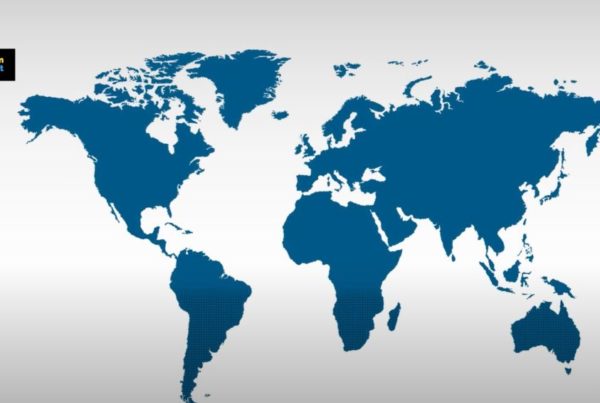World Lung Day, marked on September 25th each year, is an essential medium to emphasise healthy lungs and the pressing need to increase awareness regarding lung illnesses, promote lung health, and support improved healthcare access.
Smoking tobacco is the leading cause of respiratory diseases, including chronic obstructive pulmonary disease (COPD) and lung cancer, and increases the risk of respiratory infections, such as tuberculosis and pneumonia.

How does tobacco smoking cause lung cancer?
A lot of people mistakenly link nicotine to cancer, especially lung cancer. While other factors contribute to lung cancer, smoking accounts for about 85% of all cases. Cigarette smoke contains more than 7000 chemicals, of which 69 are known to cause cancer.
The cancer-causing chemicals begin to change the tissue in your lungs almost immediately, and over time, the cells become too damaged and can eventually develop into cancerous cells. Nicotine is the chemical that makes cigarettes addictive; however, it is not responsible for the harmful effects of smoking and does not cause cancer.
Can harm reduction improve the people who smoke’s lung health?
Africa’s high lung cancer deaths can be addressed by improved access to less harmful nicotine products. Many people who smoke have safely used nicotine replacement therapy (NRT) to stop smoking for many years. Although most African nations have policies supporting tobacco control, very few have programs to help people who smoke and wish to quit.
It is essential to recognise that the majority of harm from smoking stems from the thousands of toxic chemicals released during tobacco combustion. Modern alternative nicotine products, such as patches, e-cigarettes, and nicotine pouches, do not contain tobacco and do not involve burning.
A formal tobacco harm reduction strategy is urgently needed to improve lung health across the continent. This strategy should provide people who smoke with safer, non-combustible alternatives, mitigating the adverse effects of smoking on the lungs.
THR Topics
Popular Posts
Quick Links
Women in THR
Related Posts
 Letter to the World Health Organization (WHO)
Letter to the World Health Organization (WHO)
Letter to the World Health Organization (WHO)
 Public Health implications of vaping in Germany
Public Health implications of vaping in Germany
Public Health implications of vaping in Germany
 Public Health implications of vaping in the United States of America
Public Health implications of vaping in the United States of America








